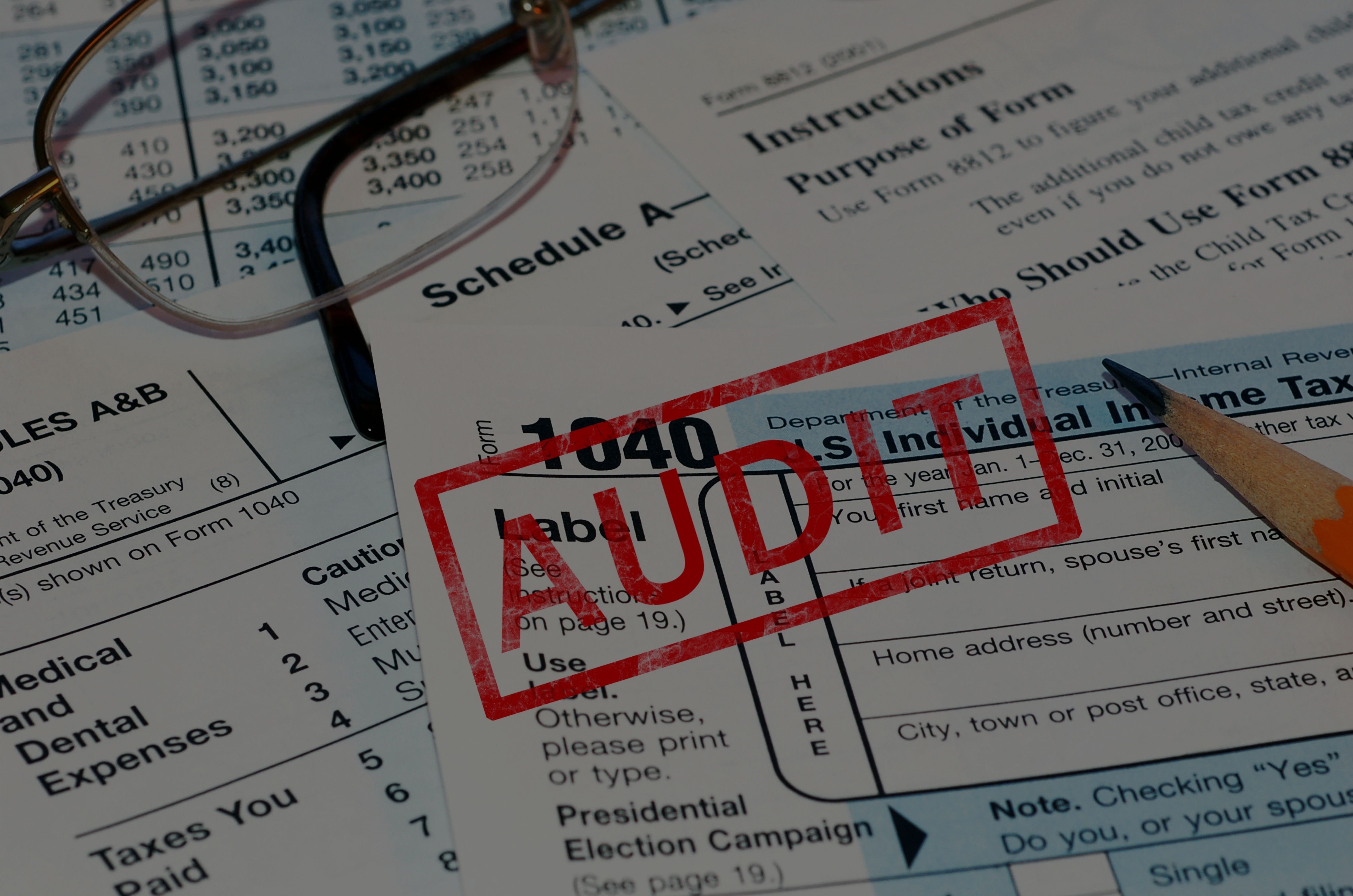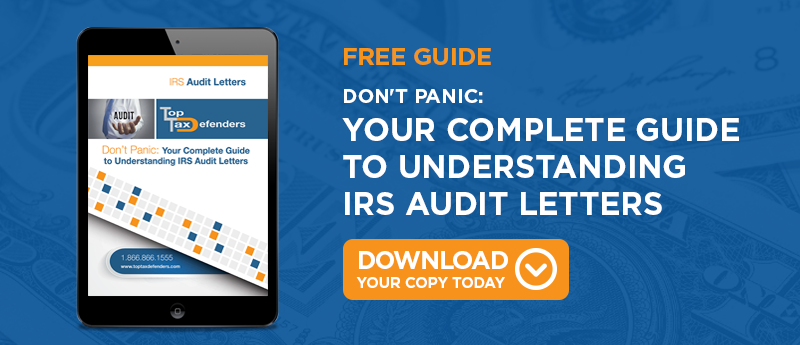
If you have neglected to file an income tax return in a previous year, you may receive Audit Letter 3391 from the IRS. This notice, which is one of the agency's nonfiler letters, is only sent to taxpayers who have missed filing a federal tax return at some point. How can you avoid receiving this letter? What should you do if you get Audit Letter 3391?
What Does Audit Letter 3391 Say?
Audit Letter 3391 is referred to as a "30-Day Nonfiler Letter." As the name implies, it is reserved for taxpayers who have neglected to file a tax return for at least one tax year. While any nonfiler can receive an Audit Letter 3391, it is generally reserved for those who have not filed their returns and who owe additional tax as a result. On the form, the IRS will state which tax years have been unaccounted for and the amount of tax you owe.
What Should You Do if You Receive Audit Letter 3391?
Once you receive Audit Letter 3391 in the mail, you'll have 30 days to decide if you agree with the findings or if you want to file an appeal. To agree with the findings, simply sign the agreement form and return it to the IRS. If you want to file an appeal, you'll need to follow the procedure described in the notice.
Whatever you do, it's important not to simply ignore this notice. If you do not file an appeal within 30 days, you will forfeit your right to contest the agency's calculations. After that, if you fail to take corrective action, the IRS may decide to impose a tax lien or tax levy in order to collect the amount it is due.
How to Avoid Getting Audit Letter 3391
The best way to handle Audit Letter 3391 is to never receive it in the first place. You can avoid getting a 30-Day Nonfiler letter by filing your tax return by the due date every single year. This is especially so if you expect to owe taxes of some kind, such as self-employment taxes, estimated taxes, or backup withholding.
Taxpayers who expect to receive a refund or pay zero liability may not be targeted by the IRS, even if they did not file a tax return. However, it is still wise for these individuals to file a return annually. They may also need to talk with a qualified tax professional to make sure that they do not owe taxes to the IRS.
Receiving Audit Letter 3391 can be an unnerving experience, but it is a situation you can handle with the right assistance. Take the time to consult an experienced tax professional if you're unsure how to respond to the IRS.




